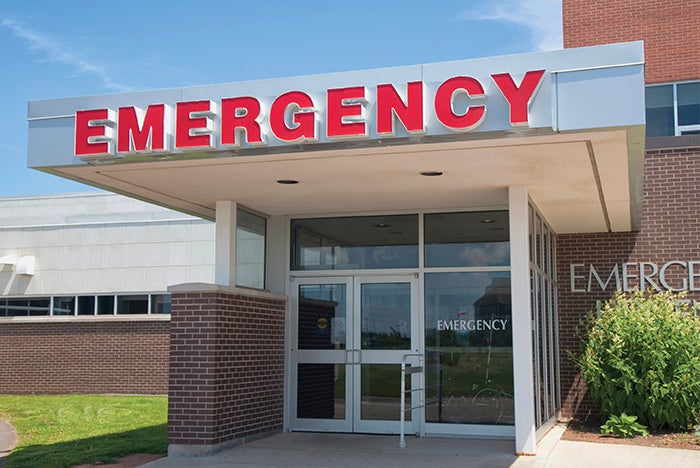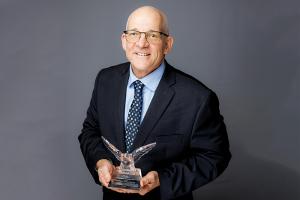Resources to aid in decarbonization
Small rural hospitals play vital roles in their communities’ health care landscapes, and they can also lead the charge in environmental sustainability. While decarbonization may seem like a daunting task, there are several low- to no-cost tools and resources available to help hospitals embark on their sustainability journey. Some valuable resources include:
- American Society for Health Care Engineering (ASHE) HealQuest™ program. HealQuest is a comprehensive program designed to assist health care facilities in achieving sustainability goals. It provides guidance on reducing environmental impact, enhancing patient safety and improving operational efficiency. The new HealQuest program guides interdepartmental teams through two days of hands-on activities to help make health care facilities more sustainable. With the help of ASHE experts, this program trains participants about the importance of sustainability culture and accountability across the organization.
- ASHE Sustainability Roadmap for Health Care™. The ASHE Sustainability Roadmap for Health Care offers a structured approach for hospitals to develop and implement sustainability initiatives. It outlines key steps, best practices and resources to support hospitals in their journey toward environmental stewardship.
- ASHE “Sustainability Guide.” ASHE publishes monographs focused on sustainability in health care facilities, offering in-depth guidance and case studies to inspire and inform hospitals’ sustainability efforts. These resources cover various aspects, from energy management to waste reduction. The Sustainability Guide was developed to provide step-by-step directions for developing and executing a sustainability program for a health care facility. It provides comprehensive guidance on establishing a green team, creating an energy management plan, completing a greenhouse gas emissions inventory, executing efficiency measures, addressing other aspects of sustainability, developing a measurement and verification protocol, creating an operations and maintenance training plan, and education, promoting successes and celebrating achievements.
- ASHE Energy to Care® Program. The Energy to Care Program is a confidential and complimentary energy reduction program that helps health care facilities track, manage and communicate energy savings. It offers four major product lines designed to meet the needs of its members, whether they are new to energy management or seasoned veterans. It transfers data nightly with the Environmental Protection Agency’s ENERGY STAR® Portfolio Manager (energystar.gov/buildings/benchmark), which is a free online tool that allows hospitals to track and benchmark their energy and water consumption.
- Inflation Reduction Act (IRA) financing incentives. Financial incentives have now become available to not-for-profit health care through the IRA. These incentives may include tax credits, grants or subsidies aimed at offsetting operational expenses and facilitating investments in energy-efficient technologies, infrastructure upgrades and sustainability initiatives. The White House recently established the Office of Climate Change and Health Equity (OCCHE) under the Department of Health and Human Services that is charged with information development around how to access these incentives. OCCHE just launched the “Catalytic Program on Utilizing the IRA” (bit.ly/3VRx3K3), which is focused on providing information to enable health care organizations to access these financing programs.
Implementing decarbonization initiatives doesn’t have to be prohibitively expensive or complex. By leveraging these tools and resources, small rural hospitals can take meaningful steps toward reducing their carbon footprint, promoting environmental health and contributing to a sustainable future for all.
G. Andy Woommavovah, CHFM, SASHE, is vice president of facilities, construction and sustainability at Trinity Health in Livonia, Mich. He can be reached at andy.woommavovah @trinity-health.org.





